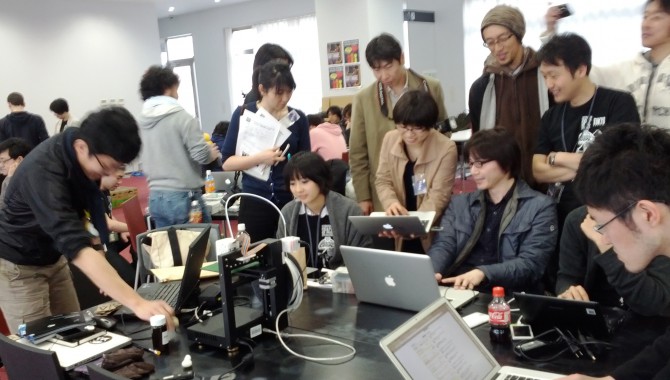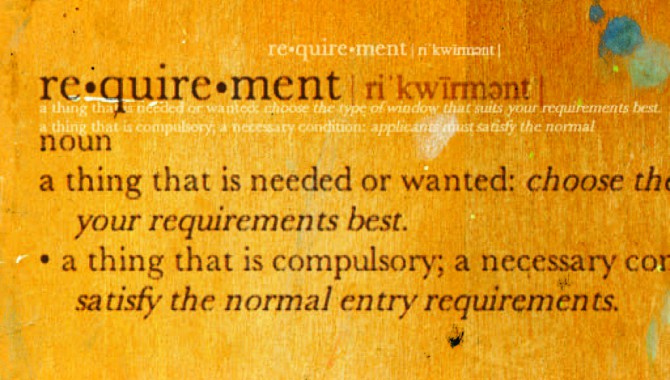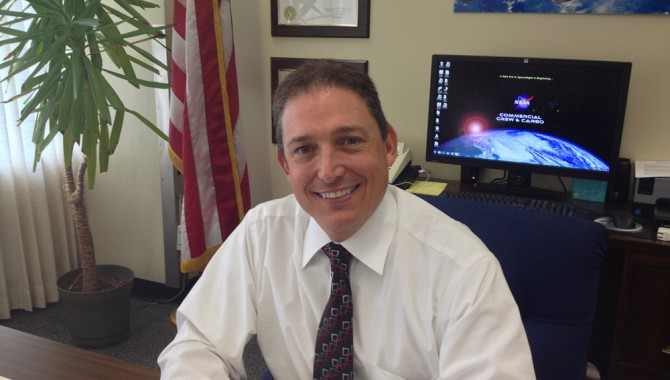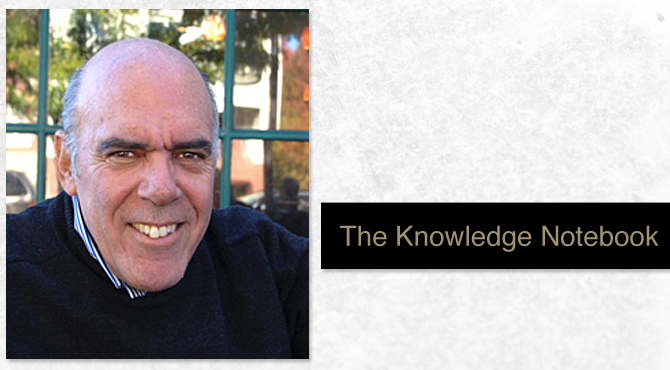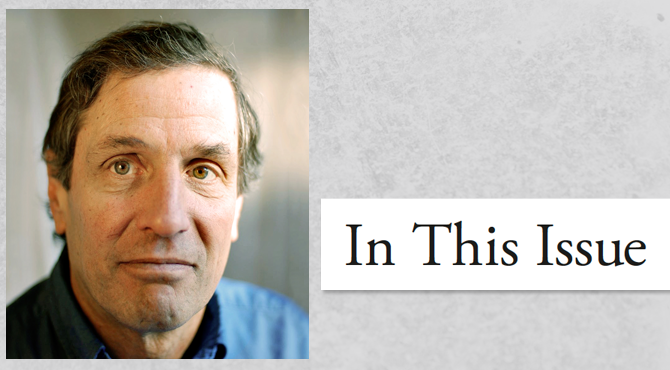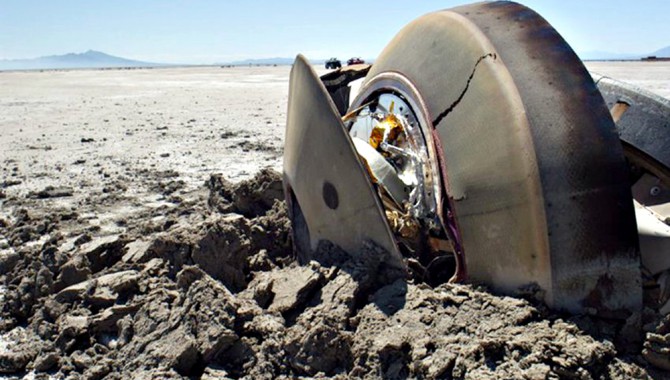
By Kerry Ellis Seven years ago, I was hired as an editor for NASA’s ASK Magazine. Being a rare English major math minor hybrid and a generally curious sort who liked taking things apart to see how they worked, I was thrilled for the opportunity to get an inside look at NASA.






